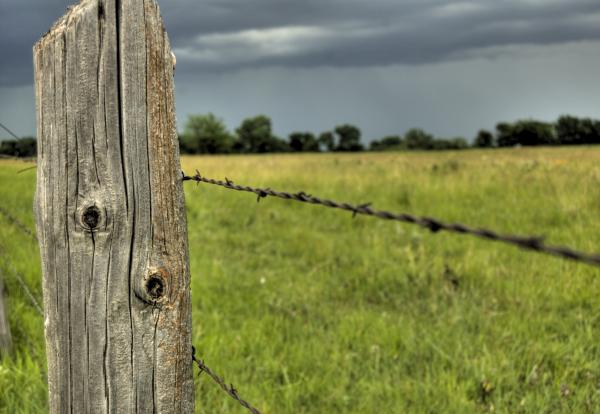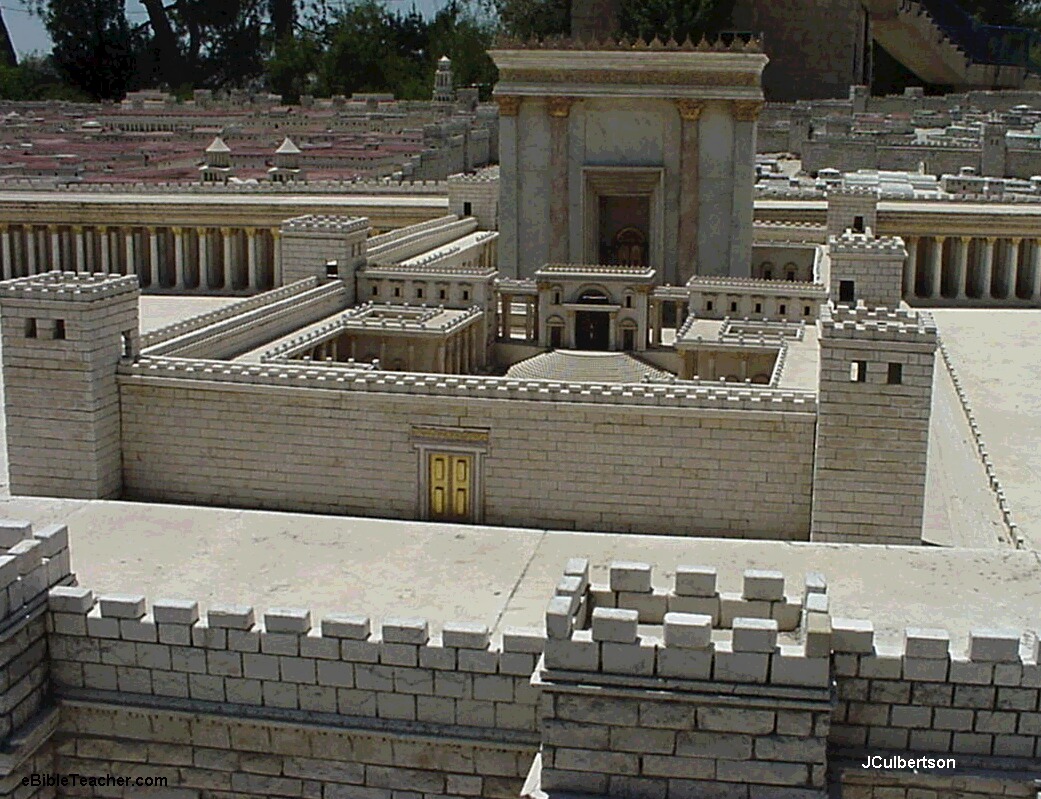CONTEXT: Over the past few weeks I've had the opportunity to teach the youth class at my congregation on Sunday mornings. The overall emphasis for the summer has been on learning about kingdom living: how we engage each other and the world within the context of the Kingdom of God (or heaven). This morning they were getting ready to leave for a week of camp. As this is the case, this post is just a recreation of the lesson from this morning, and so I feel the need to share it here as well. Now, on to the post.
In physics, there are two basic types of energy: potential and kinetic. Potential energy is energy at rest with the possibility of movement; kinetic energy, on the other hand, is the energy of motion. These two are in constant connection, moving fluidly from one form to the other with every motion and every stop. Potential energy is what might happen; kinetic energy is happening. A drawn bowstring, for example, is potential until it is released to kinetic movement. The same is true for a pencil teetering on the edge of a desk: once the pencil starts moving, the potential ceases and the kinetic takes over. This is basic physics at most (which is why I can grasp it).
Within Kioné Greek there is a language category called genitives. These are the "of" phrases, most commonly translated as possessives (though a whole range of possibilities exist). Genitives make up phrases like love and full armor of God, day of salvation, and the poor of the saints. Three types of genitive in particular are most interested in whether the noun with which they are connected has a some kind of verbal action. The first, the subjective genitive, makes the "of" word the one who carries out the action embedded in the noun. For example, "the expectation of the people" has in it the action of "the people expect."
The second, the objective genitive, makes the "of" word the recipient of the action in the noun. "Demonstration of righteousness," therefore, shows "righteousness is being demonstrated" rather than "righteousness demonstrated something."
The third, the plenary genitive, is a mixture of both. This happens when the "of" word could be either the subject or the object, possibly even both at the same time. The classic example of this is found in Mark 1.1, "The good news of Jesus Christ." Since "good news" (εὐαγγέλιον, euangelion) has a verb with the same stem (εὐαγγελίζω, euangelizō, which means "tell good news"), we must ask whether Jesus is doing the telling or the good news is about him. Since both are possible and probable, we can call this a plenary genitive.
The word for kingdom (βασιλεῦς, basileus), like euangelion, has a related verb (βασιλεύω, basileuō, meaning "reign"). Since this is the case, when we encounter phrases like "basileus of God" and "basileus of Heaven," we must again ask whether that word is being used like a verb. And I think it is.
"Kingdom" is kind of like potential energy. Kingdoms have boundaries (though one of the kids this morning so accurately pointed out that God's kingdom has no boundaries), and are set in place. They can change, but often do not. Kingdoms are set in space with lines and markers.
"Reign," however, is more like kinetic energy. A reign is active, a time period. The reign of King Henry VIII is set from 1491-1547, and his actions marked his reign as one filled with marital uncertainty and a "do what I want" attitude. The reign of Henry VIII also has markers, but they are set in time rather than in space.
We need "kingdom." The spacial side of basileus is that it exists in this world, though not in any sort of geographical sense. There are places where it is found, both in the church and the homeless shelter, the drug rehab center and the sanctuary. Things like summer camp and worship services are most certainly markers of the kingdom of heaven, but they are potential. Until something is done, until action is taken and the move occurs from potential to kinetic, the potential goes unused.
The reverse is also true: without potential, can the kinetic exist? This is much like the issue of action and transformation: does God change behaviors by instigating inner transformation, or does he transform by giving new behavior? In a similar way we face the question of whether potential begets kinetic, or kinetic creates potential. It does not, however, necessarily have to be an either/or question, but a both/and since both are necessary.
We need "reign." We are not afforded the luxury of inaction when God so clearly desires good for the oppressed and mercy for the outcast. That God's reign in this world is active ought to be evident, but are we creating the evidence to be used? If we're not, then what are we doing with the potential kingdom?
The potential kingdom and the kinetic reign are mutually inclusive, each one requiring the existence of the other. Those who fight against the institution (corrupt though it may be in certain areas, but aren't we all?) do not know its power, and those who sit comfortably in their pews and let the world spin on without a second thought do a disservice to those who need to see God's reign most.
So what are we going to do?












